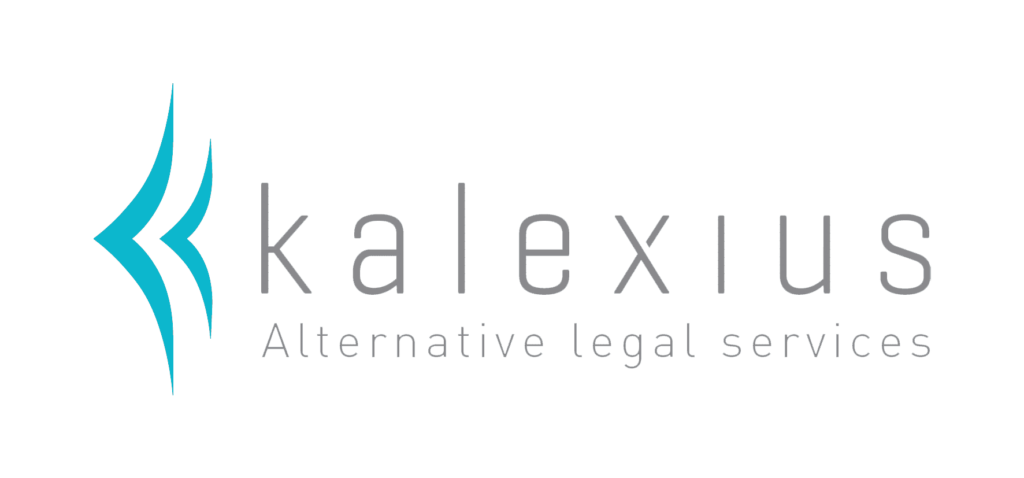Conventus Law: What is the role of a legal operations professional?
Nikki Rahimzadeh: A legal operations professional is responsible for all the activities and initiatives for the department outside the substantive practice of law. They handle all of the tasks that make the department “go” and support the department leadership through all things from strategic planning to technology implementation.
What skills and qualifications are typically required for a career in legal operations?
Business and legal-minded Interest in operations and how to help the legal department show its value to the company. There are several key backgrounds that are helpful, though not necessary required: legal, technology, finance, and data and analytics are some of the key competencies that help drive the operations function. Typically, legal operations team members have experience in at least one or more of the above. We are now seeing more legal operations-specific training and education programs, which cover operations specific to legal – a great add to the industry!
What are the typical career paths and progressions for legal operations professionals?
No rules here! We see all types of backgrounds find their way to legal operations – its often someone with a background in legal, finance, technology or a combination. There are really no rules around it – it’s a great opportunity to creatively use business, tech, and legal experience.

“Tools and technology continue to improve ways of working and that trend is likely to continue for a while. Unfortunately, there is so much out there that it can be overwhelming – it’s helpful to have partners, like Kalexius, who can help in-house legal ops professionals weed through that. ”
Nikki Rahimzadeh, Head of Consulting at Kalexius
How can a person with a background in law transition into a legal operations role, and how can they prepare for it?
It’s a great plus to have a legal background – it helps with the understanding of the subject matter of what the department does and can be very valuable in speaking the language of the team. Learning about legal technology can be very helpful in that transition. Financial planning, budgeting, and data analytics are also key competencies that are necessary to round out the legal operations function.
What are the most important trends and developments in the legal operations field, and how are they impacting the career path for legal operations professionals?
It has finally become a career with a path! It’s taken a long time but we are finally seeing the recognition that this work warrants. There are so many different career paths that feed into it. Part of that is driven by a need for legal operations professionals that is greater than the workers available to do it. I expect that to continue and level off at some point, but the value driven by legal operations continues to gain exposure and therefore an increased interest.
Tools and technology continue to improve ways of working and that trend is likely to continue for a while. Unfortunately, there is so much out there that it can be overwhelming – it’s helpful to have partners, like Kalexius, who can help in-house legal ops professionals weed through that.
“ As legal operations professionals, it’s often easy to see the opportunities – saving costs with outside counsel through better matter and spend management, data clean up to maximize a tool’s functionality and reporting, improving technology through simple changes and additional team training. It’s difficult to see all the possibility and be limited by the hours in the day and number of headcount available to do it.”
Nikki Rahimzadeh, Head of Consulting at Kalexius
What are the key responsibilities and challenges faced by legal operations professionals, and how are they or could they be addressed?
Key responsibilities include technology ownership, management, and planning; financial management and planning; outside counsel management, reporting and analytics. Each of this is a very broad and deep body of work that requires prioritization and resource, including process and technology. Challenges are often centered around how to prioritize and manage the plethora of work and opportunities in the department. As legal operations professionals, it’s often easy to see the opportunities – saving costs with outside counsel through better matter and spend management, data clean up to maximize a tool’s functionality and reporting, improving technology through simple changes and additional team training. It’s difficult to see all the possibility and be limited by the hours in the day and number of headcount available to do it. Even separating business as usual work from one-time initiatives can be challenging when there is so much in front of you.
Other challenges may be finding the right balance in working with lawyers generally. We’re talking about smart people who attended a lot of schooling based primarily in precedent, writing, research, and analytical thinking. All of this can seem antithetical to the technology, data and strategic initiatives that we want to drive in legal operations. It’s getting better but there is still a slight delay between evolving mindsets and the speed at which legal operations move.
How important is it for legal operations professionals to stay on top of the latest technology and innovation?
This is mission critical – because it’s up to those professionals to bring the tools, tech, and ideas to the department, which in turn, provides value to the organization. The legal team needs to focus on its value proposition in the form of substantive, sophisticated legal work so it’s very important to stay on top of it. Given the market today, this is an area where partnering with a service provider like Kalexius can provide great value in both cost and time.
“ The legal team needs to focus on its value proposition in the form of substantive, sophisticated legal work so it’s very important to stay on top of it. Given the market today, this is an area where partnering with a service provider like Kalexius can provide great value in both cost and time.”
Nikki Rahimzadeh, Head of Consulting at Kalexius
How important is it for legal operations professionals to stay on top of the latest technology and innovation?
This is mission critical – because it’s up to those professionals to bring the tools, tech, and ideas to the department, which in turn, provides value to the organization. The legal team needs to focus on its value proposition in the form of substantive, sophisticated legal work so it’s very important to stay on top of it. Given the market today, this is an area where partnering with a service provider like Kalexius can provide great value in both cost and time.
What are some of the key benefits and rewards of a career in legal operations, and how is it a good choice for someone looking to make a meaningful impact in the legal industry?
Your question is also your answer! In my case, legal operations has enabled me to use my legal background to help drive an industry forward. It allows me to make an impact on the industry through the modernization of legal practice. It’s rewarding in many ways because there is so much opportunity to make significant impact and add real value.




